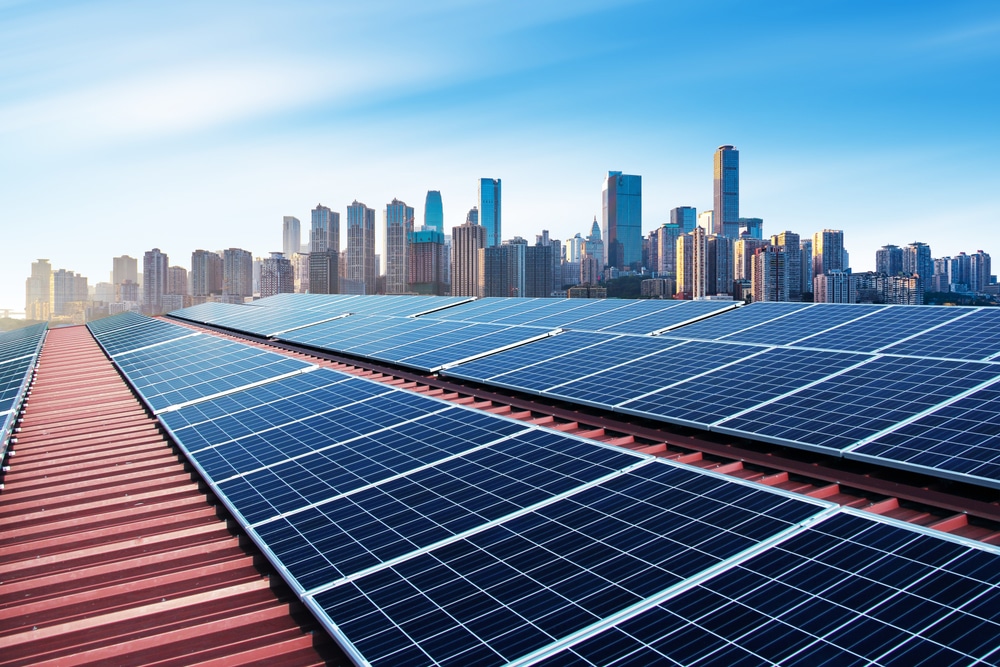This is one of the most common questions that we’re asked. It is entirely understandable – people want to know how much they’ll have to invest in getting solar power, and they want to crunch the numbers.
There are a few things to consider when calculating how many panels you will need, which we will outline in this guide.

How to figure out your energy consumption
By taking a quick look at your electricity bill, you can see how much energy went into charging the devices in your home. By looking for “Kilowatt Hours (or kWh) Used” or something similar and noting down what time period it represents – usually 30 days – you’ll be able to work out just how many hours of standby power is being used each day by various appliances.
To determine the average energy requirements of your home, you can look at past utility bills. To figure out how many what’s necessary for your household, multiply your household’s hourly needs by peak sunlight hours and divide this number by a panel’s wattage.
Physical space
You may have a lot of space on your roof, or you might be limited. The size and type of solar system will mainly depend on how much room you have to install it. For instance, an average 5kW system would need at least 20 panels, requiring an area totalling 30m² to generate enough electricity for most homes.
Direction is also a consideration – east or west-facing roofs get more sun than north-facing ones, which will influence how many panels you will require.
Other factors influencing the overall price of your system
While determining your energy requirements and space availability will give you a rough guide, there are other factors to consider, including:
- The system itself: Photovoltaic (PV) panels come in a variety of shapes and sizes. The size, shape, efficiency level and cell technology used to produce the panel will determine how much energy it will generate for your home or business.
- Sun exposure: Do you have direct sunlight on your roof all day, or are there buildings, trees etc. blocking these rays at different times? Modern systems can still extract power from the sun without direct sunlight, but not as much.
- Battery solutions: Modern solar batteries make an enormous difference, as you can store excess power and use it during the night for even lower bills
- Government rebates: The rebates, grants and incentives available to you will influence the size of the system you’ll be able to purchase with your budget.
Energy Matters is a company that specialises in solar power. We provide customers with the most cost-effective way to reduce their electricity bills for their homes and businesses. Our team of experts will help you find out how much solar power you need for your home or business, and we’ll even design a custom plan for you.
It’s an investment worth making if you care about saving money and reducing pollution. With Energy Matters, it couldn’t be easier – we’ll take care of everything from start to finish.
Call us today on 1800 EMATTERS and get a quick quote. You can also email our friendly team for expert, obligation-free advice.













































